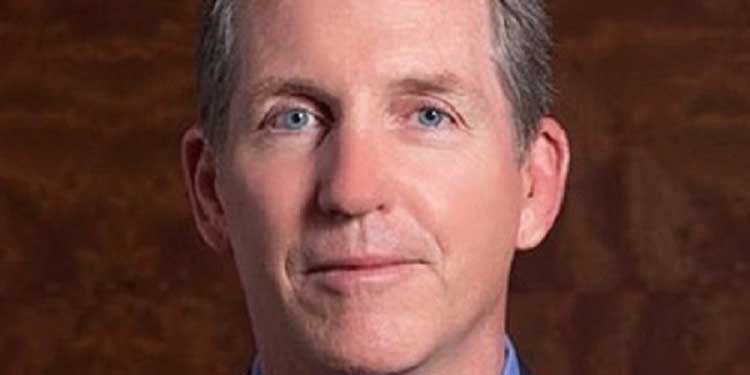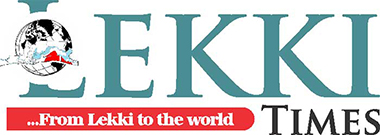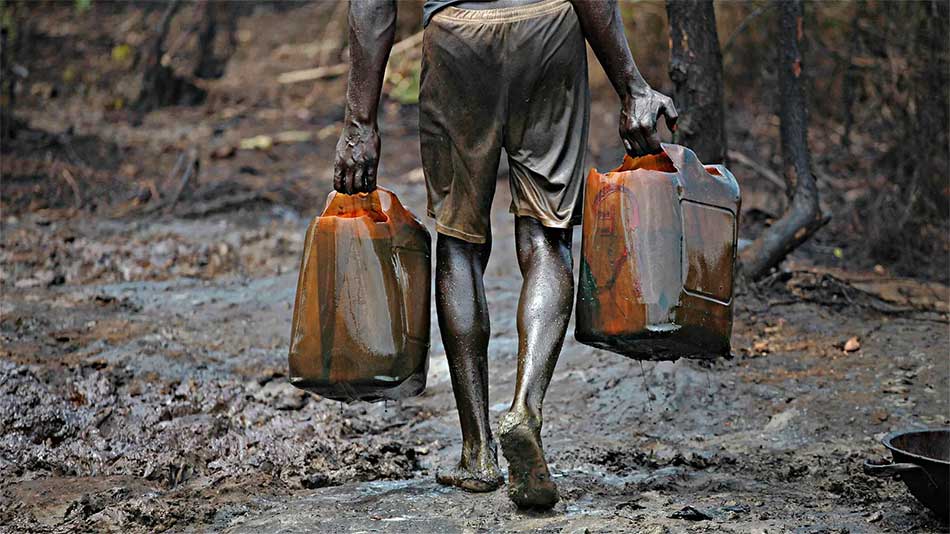As kidnapping, crude oil theft and other sundry crimes continue to afflict the Niger Delta region of Nigeria, Chevron Boss, Richard Kennedy says organised crimes is different from host community agitations.
“Crude oil theft in Nigeria is organized crime and should be differentiated completely from host community issues,” Nairametrics reports.
Read more: How to apply and win the 2023 Visa UK Scholarship
Richard Kennedy is the Managing Director of Chevron Nigeria/Mid Africa Business Unit. The website reports that the Chevron MD said this in a panel session held at the recently concluded NOG Conference in Abuja.
The remark was made when he was asked to comment on the host community provisions of the Petroleum Industry Act during the event.
Mr. Kennedy reiterated the need not to confuse the agitations of host communities of oil-producing areas with the spate of crude oil theft being carried out in the area.
“From my experience, the issue with crude oil theft should not be confused with host community issues. It is much much much bigger than that. It is completely different from host community issues. Quite frankly it is organized crime.” He spoke.

He also revealed that the level of theft is costing Nigeria millions of dollars daily in lost revenue which could have helped solve our fiscal challenges.
“The volume of crude that is being stolen is well beyond comprehension. You can see some of the figures in the press, maybe it’s about 100,000 barrels per day at $100 per barrel and that’s $10 million per day that is being stolen. And NNPC owns 60% while taxes of 85% are paid so it’s a huge loss for the country.” He added.
The Group CEO of Oando, Adewale Tinubu also asserted on the issue at the conference that about 20% of Nigeria’s daily crude production is lost to oil theft.
Read more: 2023 application for British Chevening Scholarships begins
“There has been a 43% reduction in our production from March 2020 to May 2022. We lose almost 20% of our daily crude production to oil thieves and pipeline vandals and 20,000 barrels a day of oil is lost to oil theft. Basically, some three million barrels on average yearly is lost to oil theft and pipeline vandalism.”
Oil theft in Nigeria
recently as reported by Vanguard newspaper “there are indications that despite the rise in crude oil prices in the international market, Nigeria’s economy may not reap the benefits due to the continued increase in theft and pipeline vandalism estimated to have gulped 73 million barrels a year.”
The paper revealed that the country loses about $7.3 billion a year to oil thieves and vandals. The situation is made worse by the country’s inability to meet the Organisation of Petroleum Exporting Countries, OPEC’s production quota of 1.8 million barrels per day which resulted in the Federal Government recently announcing a reduction in her export target to 1.6 million barrels per day while other countries in the cartel are striving to exceed their quota.
According to the GMD, Nigerian National Petroleum Corporation (NNPC), Mr Mele Kyari, the country loses an average of 200,000 barrels of crude per day to oil theft, translating to 73million barrels in a year. Using an average crude oil price of $100 per barrel, Nigeria is losing over $7.3 billion in a year or in five years (between 2016 and 2020) an estimated $14.65 billion considering the cost of oil per barrel at the years under review.
Read more: Knights of Saint Mulumba (KSM) reaches out to the needy, fetes the less privileged.
The amount, when converted using the official N416.25 to dollar exchange rate, translates to N3.038trn loss in a year. Data from the latest report by the Nigeria Extractive Industries Transparency Initiative (NEITI) Oil and Gas Industry showed that 272.2 million barrels (mmbbls) of crude were lost to oil theft and other forms of criminalities in Nigeria’s midstream sector.







